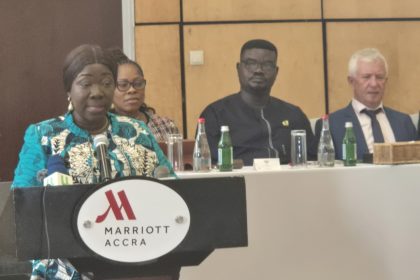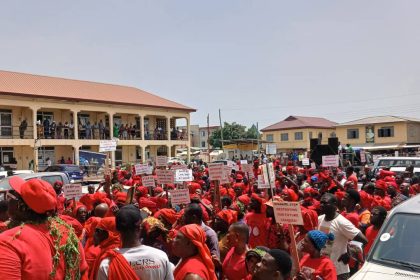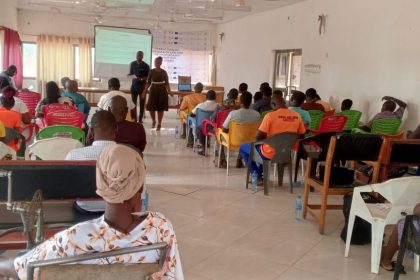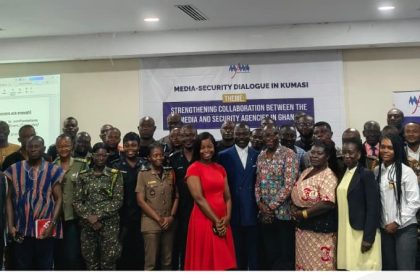Despite commendable progress in disability legislation and institutional development, Ghana continues to grapple with challenges, the United Nations Development Programme (UNDP) has observed.
The country has progressed in advancing disability rights, including the establishment of National Council on Persons with Disabilities, enacting the Persons with Disability Act 715, and ratifying the United Nations Convention on the Rights of Persons with Disabilities (UNCRPD).
However, Ms Shaima Hussein, UNDP Deputy Resident Representative, said fragmented coordination, implementation gaps, inadequate resources, and weak enforcement mechanisms, had limited the full realisation of disability rights across the country.
She said this in a speech read on her behalf in Accra at a stakeholder validation of the National Disability Inclusion Coordination Framework – a comprehensive strategy designed to address systemic weaknesses and create a more coordinated approach to disability inclusion.
The validation workshop brought together stakeholders, including representatives from government ministries, departments and agencies, disability advocacy organisations, civil society groups, academic institutions, private sector entities, and development partners.
Its key features include integration of disability inclusion into planning, budgeting, monitoring, and service delivery across all government sectors, establishing clear roles, responsibilities, and linkages among all stakeholders.
The new framework places Organisations of Persons with Disabilities (OPDs) at its centre, not merely as participants but as co-leaders in shaping policy, monitoring implementation, and ensuring accountability across all sectors.
“This framework directly responds to these challenges. It provides a structured, multi-tiered mechanism that works at the national, regional, and district levels to harmonise efforts, reduce duplication, and foster stronger collaboration among stakeholders.” Ms Hussein said.
“As we validate this framework, let us remember that inclusion is not the responsibility of one ministry, one agency or one organisation. It is a collective responsibility,” she said, encouraging all stakeholders to work together to the success of the framework.”
She reaffirmed UNDP’s strong commitment to working with UN agencies and all other stakeholders to ensure the framework was not only validated but fully implemented to drive real impact in Ghana.
Dr Agnes Naa Momo Lartey, Minister of Gender, Children and Social Protection, in a speech read for her by Mr Edwin Andoh, said the framework represented a strategic shift from viewing disability inclusion as addressing barriers to recognising persons with disabilities as active contributors to national development.
She said the framework reflected the collective resolve to move from policy to action, from commitment to measurable outcomes, pledging the government’s commitment to translating policy into tangible results.
The Minister emphasised that persons with disabilities must have equal opportunities to participate in education, employment, governance, and all aspects of national life, aligning with both the Sustainable Development Goals (SDGs) and Ghana’s ratification of the UNCRPD.
“As we deliberate, let us be guided by the principle of inclusivity and by the belief that disability is not inability. Together, we can build a society where persons with disabilities enjoy dignity, opportunity, and equal participation.” Dr Lartey encouraged.
GNA






